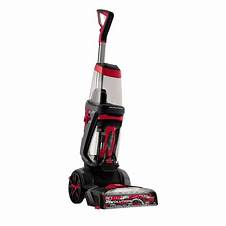How Long Do Pet Octopus Live?
Octopuses are fascinating creatures that have captured the imagination of people for centuries. Their intelligence, problem-solving abilities, and unique appearance make them popular pets. However, before you decide to get an octopus as a pet, it's important to know how long they live.

Lifespan of Pet Octopus
The lifespan of a pet octopus can vary depending on the species. Some species, such as the common octopus (Octopus vulgaris), have a lifespan of only one to two years. Other species, such as the giant Pacific octopus (Enteroctopus dofleini), can live for up to five years in captivity.
There are a number of factors that can affect the lifespan of a pet octopus. These include:
- Species: As mentioned above, the lifespan of a pet octopus can vary depending on the species.
- Diet: A healthy diet is essential for a long and healthy life for any pet, including octopuses. A diet that is high in protein and low in carbohydrates is best for octopuses.
- Water quality: Octopuses are very sensitive to water quality. The water in their tank should be clean and free of toxins. It should also be the correct temperature and pH for the species of octopus you have.
- Tank size: Octopuses need a tank that is large enough to allow them to swim and explore. The tank should also have plenty of hiding places for the octopus to feel safe and secure.
- Stress: Stress can take a toll on the health of an octopus, and can shorten its lifespan. It's important to provide your octopus with a stress-free environment.
How to Extend the Lifespan of Your Pet Octopus
There are a number of things you can do to extend the lifespan of your pet octopus. These include:
- Choose a healthy octopus: When choosing an octopus for a pet, it's important to select a healthy individual. Look for an octopus that is active and alert, and that has clear eyes and healthy skin.
- Provide a healthy diet: As mentioned above, a healthy diet is essential for a long and healthy life for your pet octopus. A diet that is high in protein and low in carbohydrates is best for octopuses.
- Maintain good water quality: Octopuses are very sensitive to water quality. The water in their tank should be clean and free of toxins. It should also be the correct temperature and pH for the species of octopus you have.
- Provide a large tank: Octopuses need a tank that is large enough to allow them to swim and explore. The tank should also have plenty of hiding places for the octopus to feel safe and secure.
- Reduce stress: Stress can take a toll on the health of an octopus, and can shorten its lifespan. It's important to provide your octopus with a stress-free environment.
By following these tips, you can help your pet octopus live a long and healthy life.
Declaration: All article resources on this website, unless otherwise specified or labeled, are collected from online resources. If the content on this website infringes on the legitimate rights and interests of the original author, you can contact this website to delete it.



